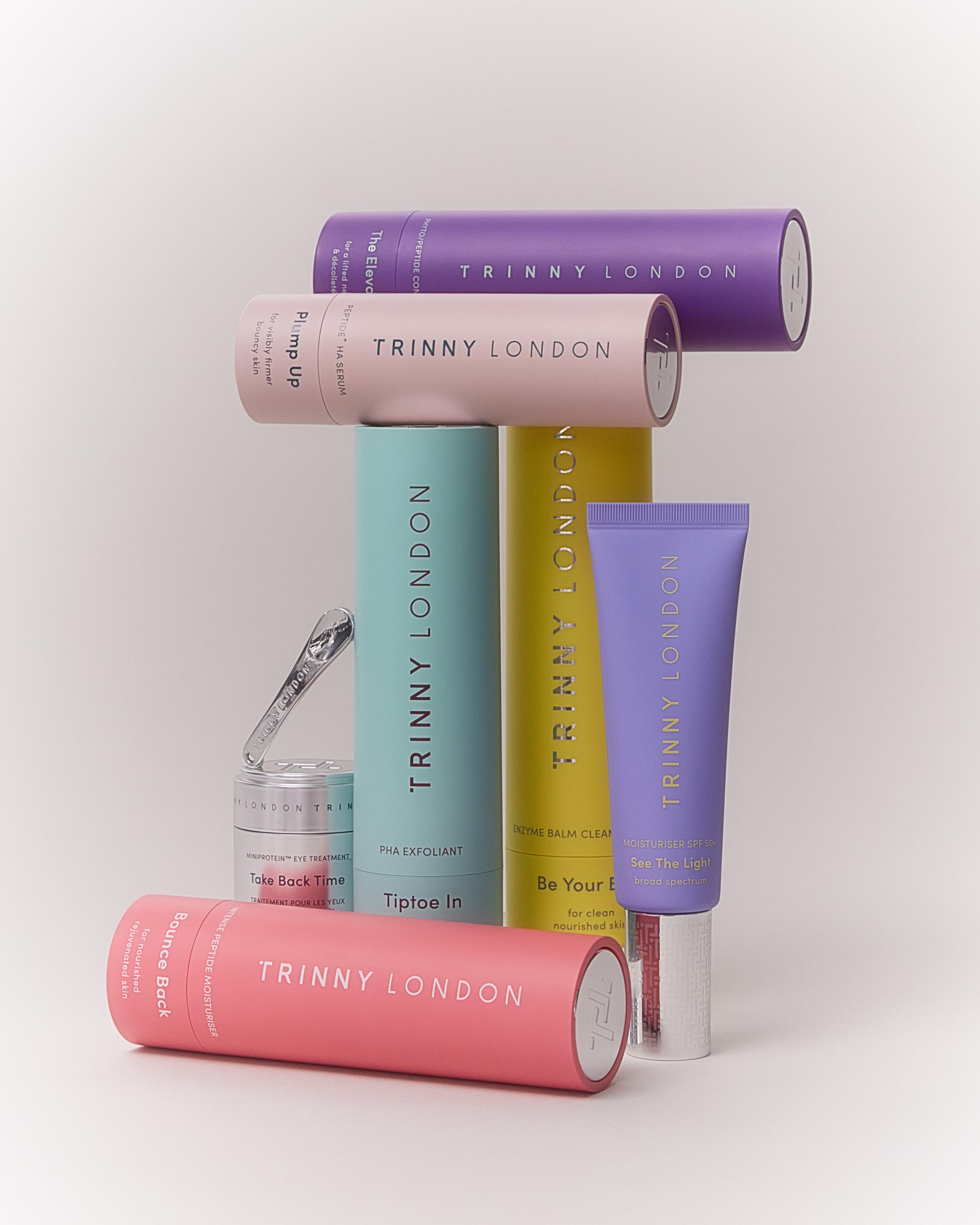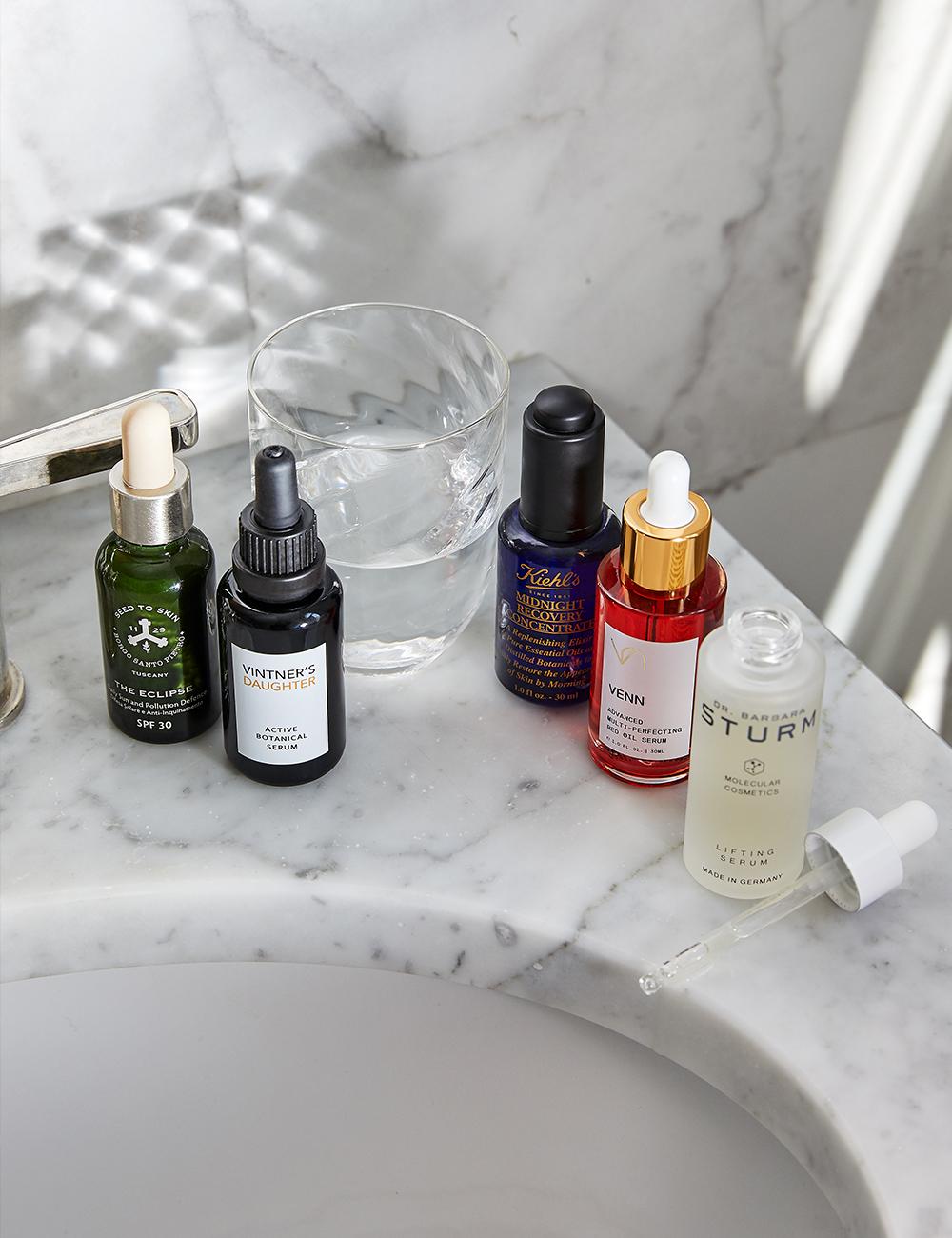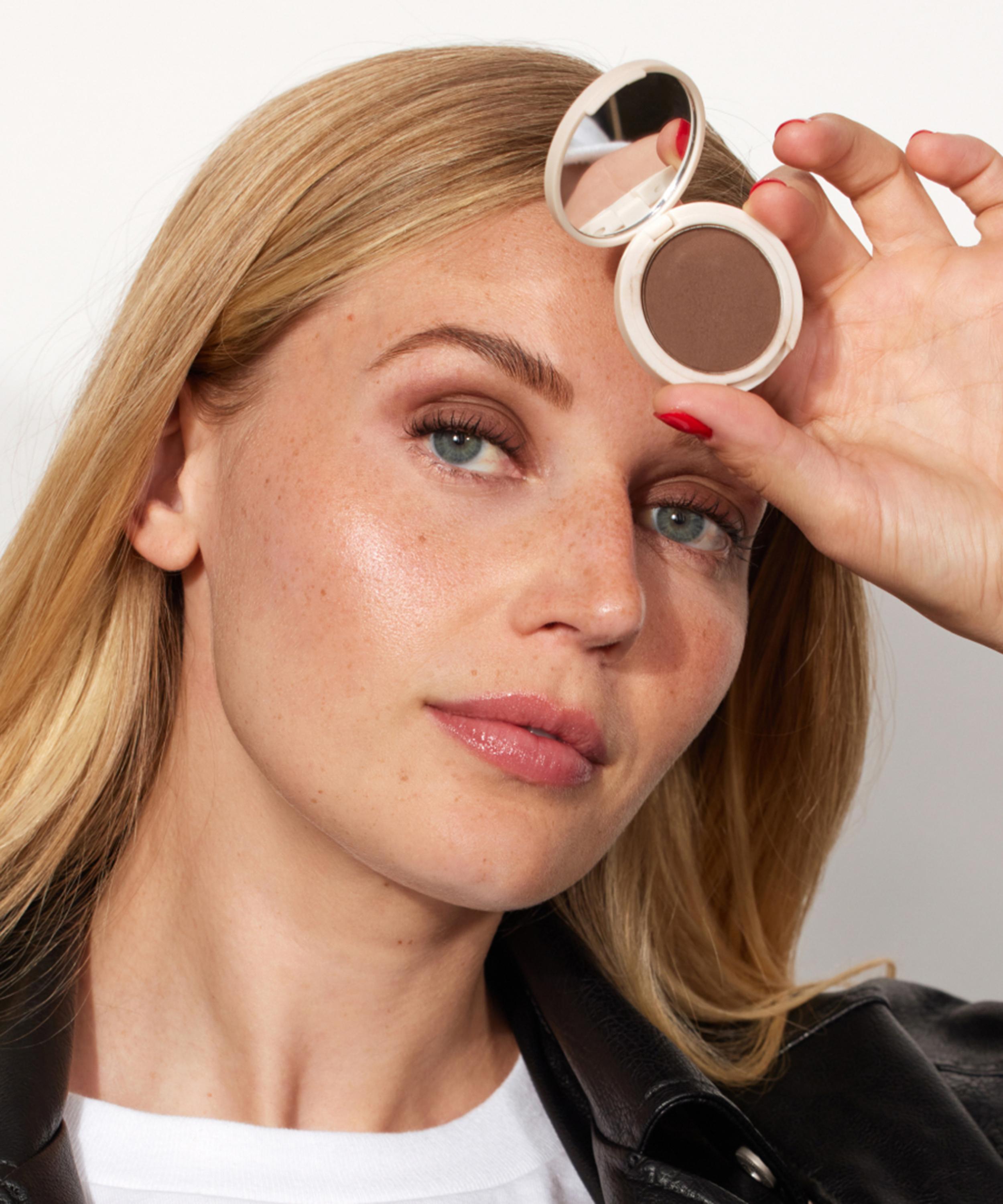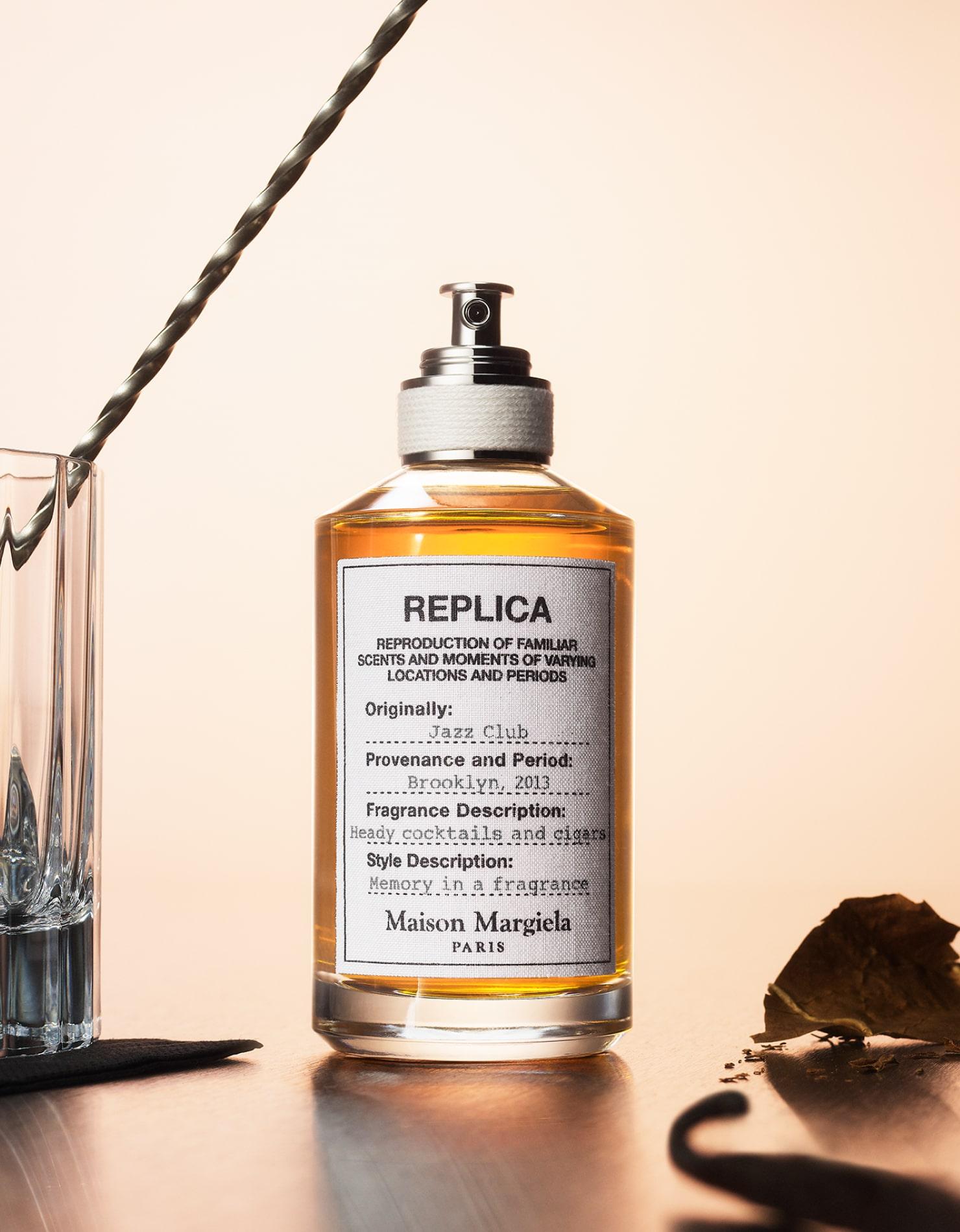The Under-Appreciated Power of Lactic Acid
Don’t sleep on lactic acid – this is one underrated skincare ingredient that boasts impressive benefits. Let us explain…
Read more
The Under-Appreciated Power of Lactic Acid
Don’t sleep on lactic acid – this is one underrated skincare ingredient that boasts impressive benefits. Let us explain…
By: Shannon PeterYou might think of lactic acid as the chemical created by your body during a workout, the thing to blame for sore, aching, unstretched muscles. But it’s also a skincare ingredient, and a pretty powerful one at that. Just cast your mind back to the history lessons of you school days. It turns out that Cleopatra was on to something when she reportedly bathed in bathtubs full of milk, in a bid to soften and smooth her skin, given the fact its full of lactic acid. But what is it and what benefits does it yield for the skin? Liberty examines the ingredient up close
What Is Lactic Acid?
“Lactic acid is an alpha hydroxy acid (AHA) that is commonly sourced from milk – but can also be derived from vegan sources,” explains Dr Dennis Gross, founder of eponymous skincare brand. “At Dr. Dennis Gross Skincare, our lactic acid comes from fermented sugar.”
But while it might exist in the same category as other skincare acids like glycolic acid, there are some distinct differences that make lactic acid unique. “Lactic acid has a larger molecular weight than many other AHAs and BHAs, meaning it does not penetrate as deep but rather works on the surface to renew the top layers of skin,” Dr Gross continues. “This also makes lactic acid a great option for those with dry, sensitive or compromised skin because it is less intense and less likely to cause irritation. Quite the opposite, lactic acid can help to strengthen a compromised moisture barrier.
Read more: The expert guide to building a morning skincare routine
What Are the Skin Benefits of Lactic Acid?
An exfoliating acid to its core, naturally, the key benefit of lactic acid is that it can slough away dead skin cells to reveal the brighter, bouncier, more radiant skin that lies underneath. “Lactic acid is an alpha hydroxy acid, meaning it is water soluble and works on the uppermost layers of skin to loosen the bonds between dead skin cells and gently renew the surface,” Dr Gross adds. “Lactic acid also replenishes the skin’s moisture barrier with ceramides, improving the skin’s ability to retain hydration and increasing the skin’s moisturisation factor.” But the benefits don’t end there: “lactic acid also has antioxidant properties, reducing the free radical activity on the surface of the skin and helping to prevent signs of ageing from the sun (i.e. hyperpigmentation, lines, chronic dryness, oiliness, etc).”
Better still, lactic acid can boost the effects of other skincare ingredients in your routine. Namely, vitamin C. “I combined lactic acid with vitamin C in my new Vitamin C Lactic technology because recent medical literature proved amplified results when used together. Lactic acid helps to improve absorption of vitamin C by creating a seal on the surface of the skin and driving the active into the deepest layers where it can be most effective,” Dr Gross explains. “On the surface, lactic acid supports the moisture barrier thus eliminating any irritation or sensitivity vitamin C may cause. Together, they neutralise free radical stress in all layers of the skin resulting in a stronger, firmer and brighter complexion.
Read more: The ultimate guide to skincare acids
How Do You Use Lactic Acid?
When you use lactic acid in your morning or evening skincare routine largely depends on which product you select. As a skincare ingredient, lactic acid most often comes in the form of a liquid exfoliant, whether it’s clear or milky in colour. These exfoliating toners are best used by swiping over skin using a cotton pad. However, you might also find lactic acid based cleansers (which should be massaged in and rinses off) or perhaps even a serum, which should be gently patted onto skin underneath moisturiser.
SPF is, of course, a non-negotiable no matter what, but those that use exfoliating acids should be particularly militant with their use of sunscreen. Exfoliating acids leave skin far more vulnerable to sun damage.
Read more: Spot the difference: AHAs vs BHAs
Can You Use Lactic Acid Everyday?
Thanks to its large molecular weight, lactic acid is well tolerated by most complexions. “It’s great for all skin types, especially those with sensitive, mature, or sun-aged skin,” Dr Gross explains. However, as to whether you can use it every single day, that depends on the formula in question. Most people will find a daily exfoliant a little too harsh for their skin, so you’re best to curtail your use to one or two times a week, particularly while your skin gets used to the exfoliating action.
Read more: Which SPF is best? Liberty explains all




?fmt=auto&qlt=default)











